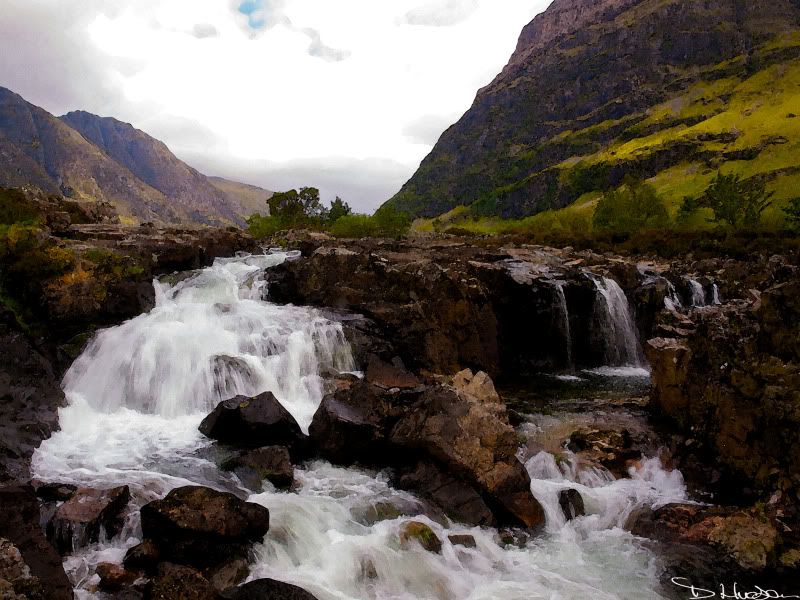Who cares? Just a matter of meaningless 18th-century semantics. An artist chooses whatever medium or media that is comfortable to make works. Mixed-media and multi-media have been around from the earliest times. Academic twits may argue over the definition of the result—and that is what they get public funds to do—since no one would actually pay them for this.
An artist's only commitment is to create. If you chose to remain within the photographic medium, by all means use the tools provided by the medium to push the edge of the possible, however far your intellect and talent will let you. There is little in life more embarrassing than witnessing an artist apologizing for doing what artists are expected to do. Take all the tools of photography and push them to the limit. When you reach the limit, look to other media to push the limit farther. No need to justify what you do. It is what every artist—from a beginner seeking a hobby to a world famous big name—is expected to do.
Media is meant to be liberating. Art is not sport, where jumping into the water in formal, but very strange sorts of ways, gains you points. The more awkward or grotesque the jump, the more points, if you carry it off. There are no fat old men smoking cigars and drinking old cognac, sitting around "Athletic Clubs" dreaming up rules for artists. You are judged only on your ability to move or provoke the viewer. Media is not meant to restrict the artist to a set of arbitrary rules.
If you are dancing the lead in Swan Lake, you are creating art. If you are playing a concerto by Albinoni, you are creating art. If you are playing a character written by Samual Beckett, you are creating art. If you are photographing your kid in order to capture the spirit at this age, you are creating art. Toe shoes and pigments with brushes are mediums (properly "media" for the plural). What you do with them is art. If a tool from one medium works with another to better express your vision, you would be incredibly ignorant not to use it. If the tool is within your chosen medium and you choose not to use it, even if it would greatly enhance your image, you are criminal not to use it.
Media is not meant to restrict the artist to a set of arbitrary rules.



